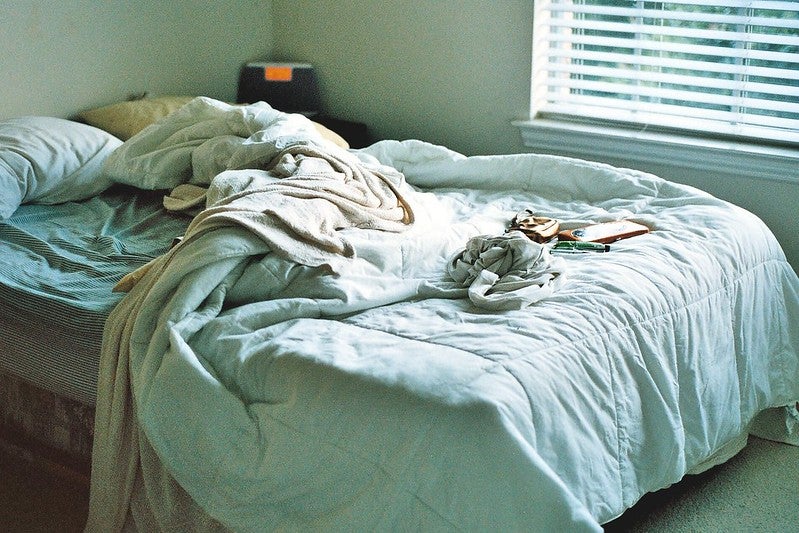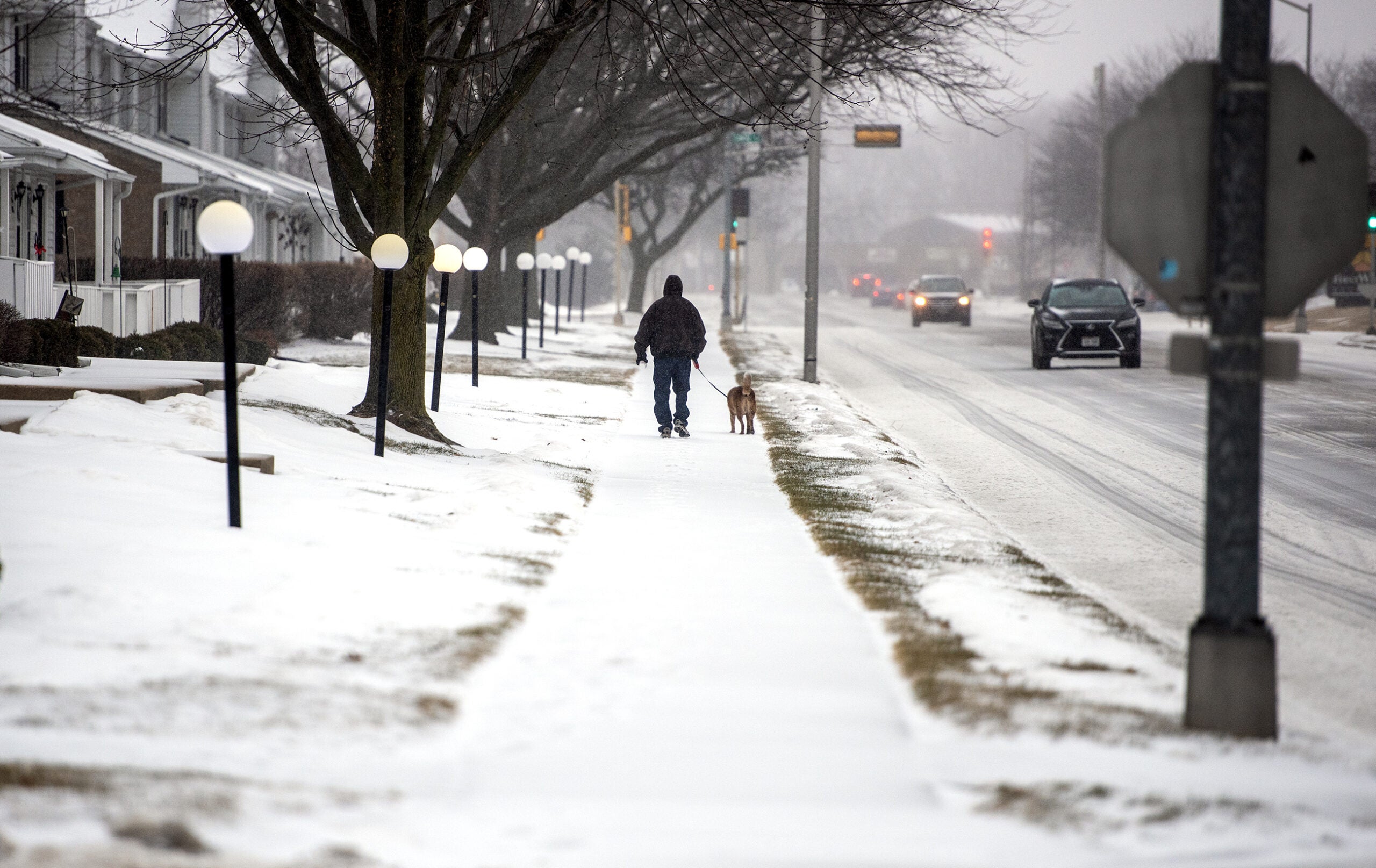We spend about one-third of our lives asleep. And for good reason — sleep’s benefits are numerous.
Sleeping regulates our immune system, gives our body time to restore cells and “cleans our brain out,” said licensed sleep psychologist Rick Blackburn. In short, sleep is restorative.
Blackburn practices in Minnesota and Wisconsin and treats conditions like insomnia, circadian rhythm disorders, daytime fatigue due to narcolepsy and more. He shared strategies for falling asleep on WPR’s “The Larry Meiller Show.”
Stay informed on the latest news
Sign up for WPR’s email newsletter.
Here are five of Blackburn’s tips, which are based in Stimulus Control Therapy.
Get up at the same time every day
The time that you wake up controls the speed of your circadian clock, Blackburn said. You reset your clock for a 24-hour period when you wake up in the morning.
“If you get up at various times of the day or sleep in for a couple hours, you can get what’s called social jet lag, which is essentially like jet lag, only you’re not going someplace different,” Blackburn said.
Most adults need seven to nine hours of sleep each night, but it can vary. Everyone’s circadian clock is unique.
Only use your bed for sleep and intimacy
Getting into bed should send a signal to your body that it’s time to sleep.
“Don’t read, watch TV or do other things in bed,” Blackburn said. “What that’s doing is it’s training your mind to be awake and alert while you’re in bed.”
Don’t lie awake in bed
Don’t stay in bed for more than 20 minutes if you’re awake, Blackburn said. Instead, get up and do a calm yet enjoyable activity.
Additionally, try to avoid ruminating or planning the next day while laying in bed.
“The part of the brain that stays online most of the night is the part that scans our environment for threats,” Blackburn said. “So our thoughts often become more active, and they tend to be more anxiety driven.”
If you get out of bed and distract your brain, you’re less likely to fall into a negative state of mind.

Say no to napping
While you’re awake, your brain accumulates chemicals that make you feel increasingly sleepy, Blackburn said. Most adults need to be awake for about 16 consecutive hours in order to feel the need to fall asleep. Blackburn calls this concept “sleep pressure.”
“If you take a nap, it bleeds off that sleep pressure, which then makes it more difficult for you to sleep at night,” Blackburn said.
Insomniacs often get stuck in the vicious cycle of staying up at night but napping during the day, Blackburn explained, which in turn makes them less likely to sleep at night.
Go to bed when you’re sleepy
This one might seem obvious, but Blackburn said many people confuse sleepiness with a lack of energy.
“Fatigued and exhausted are energy states. It’s that low motivation, that feeling unwell, but it doesn’t necessarily mean you’re sleepy,” Blackburn said. “Sleepy is when you’re starting to nod off.”
Blackburn said to try following these sleep rules for a few months. If you don’t see improvement, it might be time to visit a sleep specialist.



